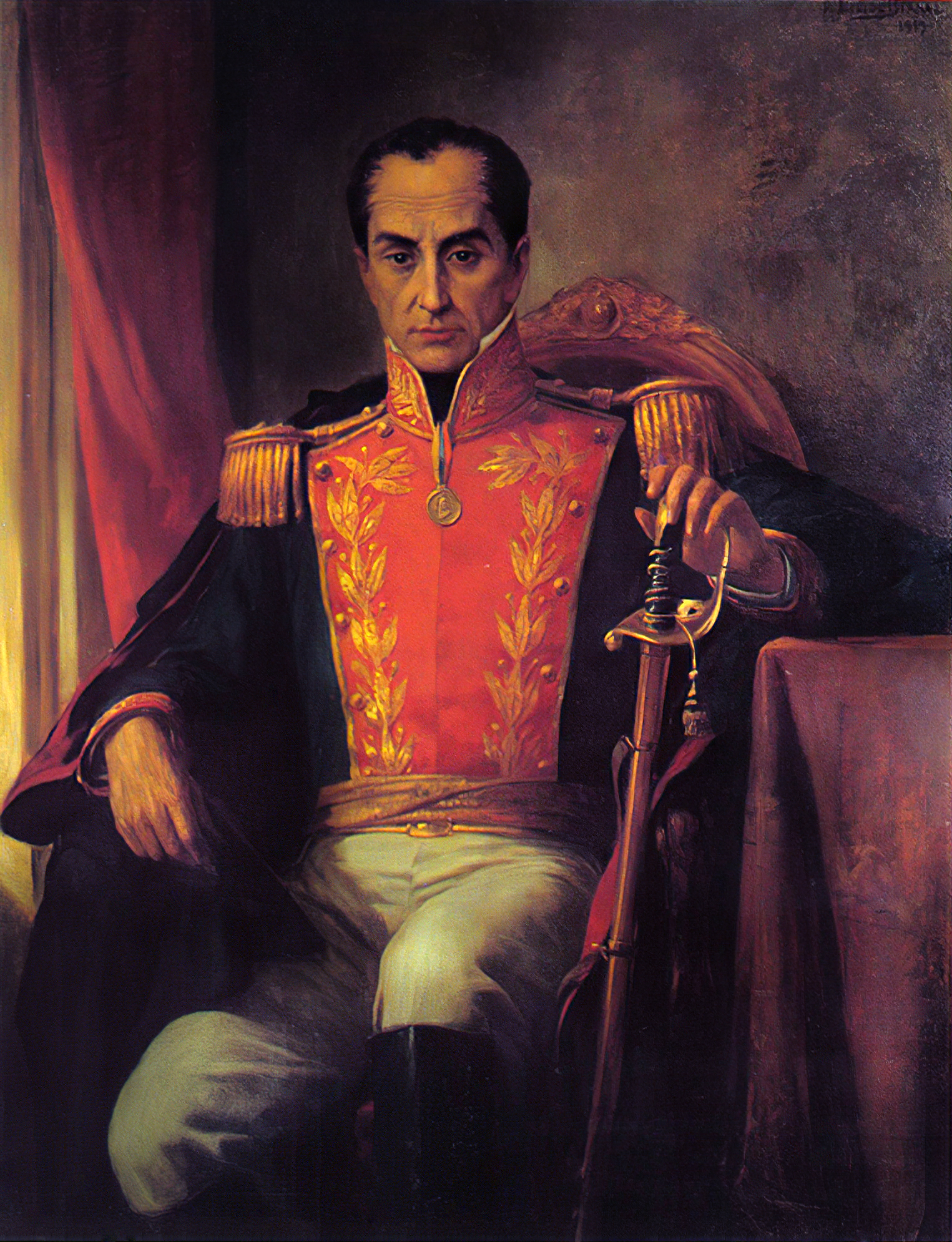

After the War of Spanish Succession in the late Baroque Period, Spain had been ruled by the House of Bourbon. Toward the end of the eighteenth century, in an effort to consolidate their large, unwieldy intercontinental empire, the Bourbon monarchs instituted a series of unpopular reforms that tended to favor peninsulares, native-born Spaniards, over creoles, citizens born in the Americas. The Bourbons also expelled the Jesuits, an order of priests and missionaries who were often advocates for indigenous peoples, from Latin America in 1767. These events, combined with the rise of Enlightenment thought throughout the Classical Period, the American and French Revolutions, and the instability brought to Spain by the Napoleonic Wars, produced a general climate of dissatisfaction and unrest.
In 1808, Napoléon Bonaparte forced the abdication of Spanish King Charles IV, placing his brother on the throne in an attempt to make Spain part of the French Empire. In response, military governments called juntas seized power throughout Latin America, claiming to rule in the name of the deposed Bourbons.
In 1812, the Napoleonic government dispatched Spanish forces to put down the juntas in Latin America. They revolted, meeting in Cádiz, adopting a liberal constitution based on Enlightenment principles, and placing Ferdinand VIII (the son of Charles IV) on the throne.
When the Napoleonic Wars ended, King Ferdinand tried to scale back on these reforms. Latin America, having grown accustomed to self-government in the meantime, went into rebellion.
In the former Viceroyalty of New Granada, "el Libertador" Simón Bolivar led armies to establish an independent Gran Colombia in modern-day Venezuela, Colombia, and Ecuador. In the south, a movement beginning in Argentina under José de San Martín and in Chile under Bernardo O'Higgins liberated the Viceroyalty of Rio de La Plata. Royalist holdouts in Peru were defeated over the following decade.
By the time Mexico declared itself an independent empire in 1821, all of Latin America except for Cuba and Puerto Rico had broken away from Spanish control entirely.
Was Latin American independence inevitable?